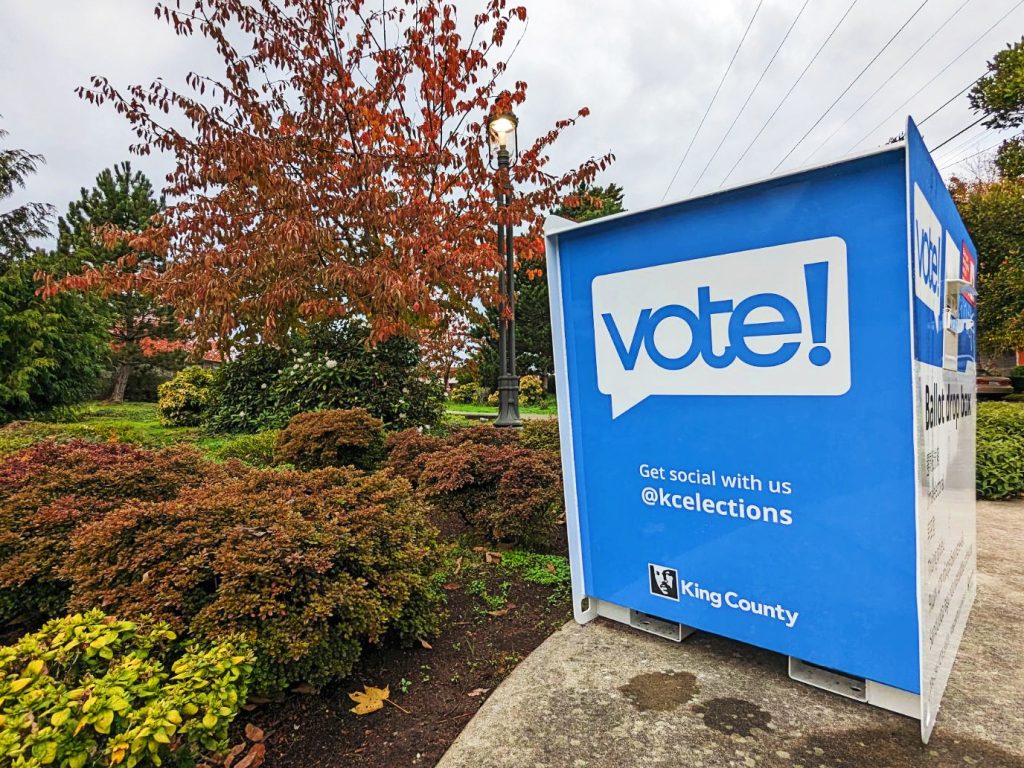As the 2024 presidential campaign unfolds, concerns around political rumors and false narratives have heightened. Four years ago, the University of Washington and Stanford University led a nonpartisan cohort that monitored and publicized research on the spread of political misinformation and disinformation online. However, the watchdog group is no longer active, and the Stanford program that participated in it is reportedly dismantling. Despite this, the UW’s Center for an Informed Public (CIP) remains committed to continuing their efforts. The CIP was launched in 2019 and currently has a team of about 20 researchers working on online rumors and disinformation campaigns.
The UW and Stanford have faced lawsuits from conservative groups and efforts by Republican leaders to discredit their work. The attacks have been linked to the decision to reportedly wind down the Stanford Internet Observatory, leading to the recent departures of key leaders. However, university officials dispute the assertion that the group is shutting down. The former coalition led by the two universities, called the Election Integrity Partnership, tracked the 2020 election and its aftermath, focusing on harmful activities like attempts to suppress voting and delegitimize election results without evidence. The partnership stopped operating after the 2022 election.
The right-wing activist group Project Veritas filed a defamation lawsuit against the UW and Stanford over a blog post from the partnership that alleged Project Veritas had promoted election disinformation. The lawsuit was dismissed by a federal judge in 2022. Another lawsuit filed last year, alleging censorship of Americans’ speech, targeted specific leaders at Stanford and the UW who were part of the Election Integrity Partnership. Renée DiResta, technical research manager of the Stanford Internet Observatory, has left her role, and Jevin West, director of the CIP, is on the advisory board of TrueMedia, a Seattle-based organization detecting political deepfake videos, photos, and audio led by Oren Etzioni, a UW professor and former CEO of the Allen Institute for AI.
Despite the challenges and attacks faced by the UW and Stanford researchers, the CIP’s Starbird was awarded the UW’s prestigious 2024 University Faculty Lecture Award. This award recognizes faculty members’ impacts on their profession and society in general. The UW team has been conducting research on online rumors and disinformation campaigns for over a decade and plans to continue their efforts by identifying and rapidly communicating about emergent rumors during the 2024 election. The CIP remains committed to its mission despite the dismantling of the Stanford program and the attacks faced by the universities. The work of the Election Integrity Partnership focused on harmful activities that negatively affected the democratic process, and the group’s website outlined their goals during and after the election cycle.
The future of monitoring and combating political misinformation and disinformation remains uncertain with the winding down of the Stanford Internet Observatory and the reported departures of key leaders. The attacks and lawsuits faced by the UW and Stanford researchers highlight the challenges in this field. Despite these obstacles, the recognition received by the UW’s Starbird and the continued dedication of the CIP demonstrate a commitment to the important work of combating online rumors and disinformation. As the 2024 election approaches, the efforts of researchers in this field will be crucial in ensuring the integrity of the democratic process and combating false narratives that can undermine trust in institutions.












